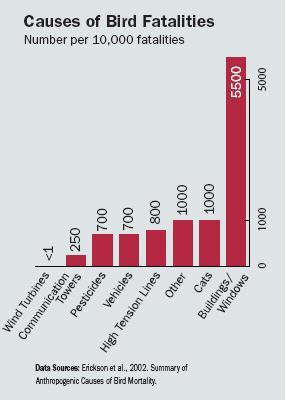Totally for nuke power, when it's implimented properly.....
Lots of interesting ideas here, lots of good info from some smart folks.
Some thoughts from a former reactor operator. 10 yrs 2 months 28 days as an electronics technician in the Navy's nuke power field. 2 years of non-stop school, 5 years building, testing, starting up and operating 2 reactors on an aircraft carrier, 3 years as a radiological controls technician doing sub maintenance.
The Enterprise, the Navy's first nuke carrier, had 8 reactors. It was Admiral Rickover's wet dream. They were essentially sub plants all linked together with multiple ways of cross-connecting systems, the ultimate setup for multiple redundancy.
All Nimitz class carriers have 2 plants, which is plenty of redundancy as they can go well over 1/2 speed and still launch plenty of lethal aircraft. Full bore with both plants running is only about 60% power on each plant. You are talking about nearly 100,000 tons of steel going > 30 knots and leaving a wake that is > 1.5 miles long. It's like a trail of bread crumbs for the pilots to follow.

As said earlier, the nuke guided missle cruisers are long gone. They are all gas turbine powered now, variable pitch screws (propellers), fast Mo-Fo's for sure. I about crapped my pants the first time I saw one of them pull away from us after finishing taking on a fuel load at sea. After an UnRep or underway replenishment at sea, they typlically do "emergency breakaway" drills. Impressive acceleration would be an understatement.
I grew up with 3 Mile Island 35 miles from my back yard. I was in 3rd grade when the accident happened. While the unit was damaged, the off site ramifications of the accident were relatively minor. There were several issues that led up to the accident. Operators (ex Navy Nukes) ignored a few indications in regards to the pressure relief valves and lines. The pressure relief line had a pilot light indicating that the controls were telling it to open. It should have had a positive feedback position indicator from the valve itself to PROVE that the valve was open. That requirement has been retrofitted to all plants in the US. Operators failed to have a proper valve line up on the safety injection and core cooling equipment after a maintenance outage, valves were left shut. When the accident happened , folks just did not want to believe that it was really happening, they second guessed themselves and drew some wrong conclusions from the indications they had in front of them.
Chernobel was bad. Poor reactor design with a positive coefficient of reactivity, so when power goes up it causes a further exponential increase in power. Think of this as turbo charging your acceleration of power. Very bad design. They were also "playing" with the plant, running drills about how much of a power spike would happen when the turbine tripped off line. It simply got away from them and blew up.
Fukushima, IMO was a pure accident, with MANY contributing factors that have and are still rearing their ugly heads.
My navy training probably has me biased, but IMO any training or experience gleaned from military or defense related industry tends to be far superior to what can be accomplished by the private sector when the allmighty dollar is the bottom line.
Look at the U-2, A-12 and SR-71 spy planes. To know that we built that kind of technology in those days with paper and slide rules vs. the "shoddy" workmanship that the current "throw away" society produces nowadays.....It just makes you want to throw up. While everyone was running around sporting their polaroid cameras, the military had cameras that could read a liscense plate from 85,000 feet while traveling at > mach 3.












